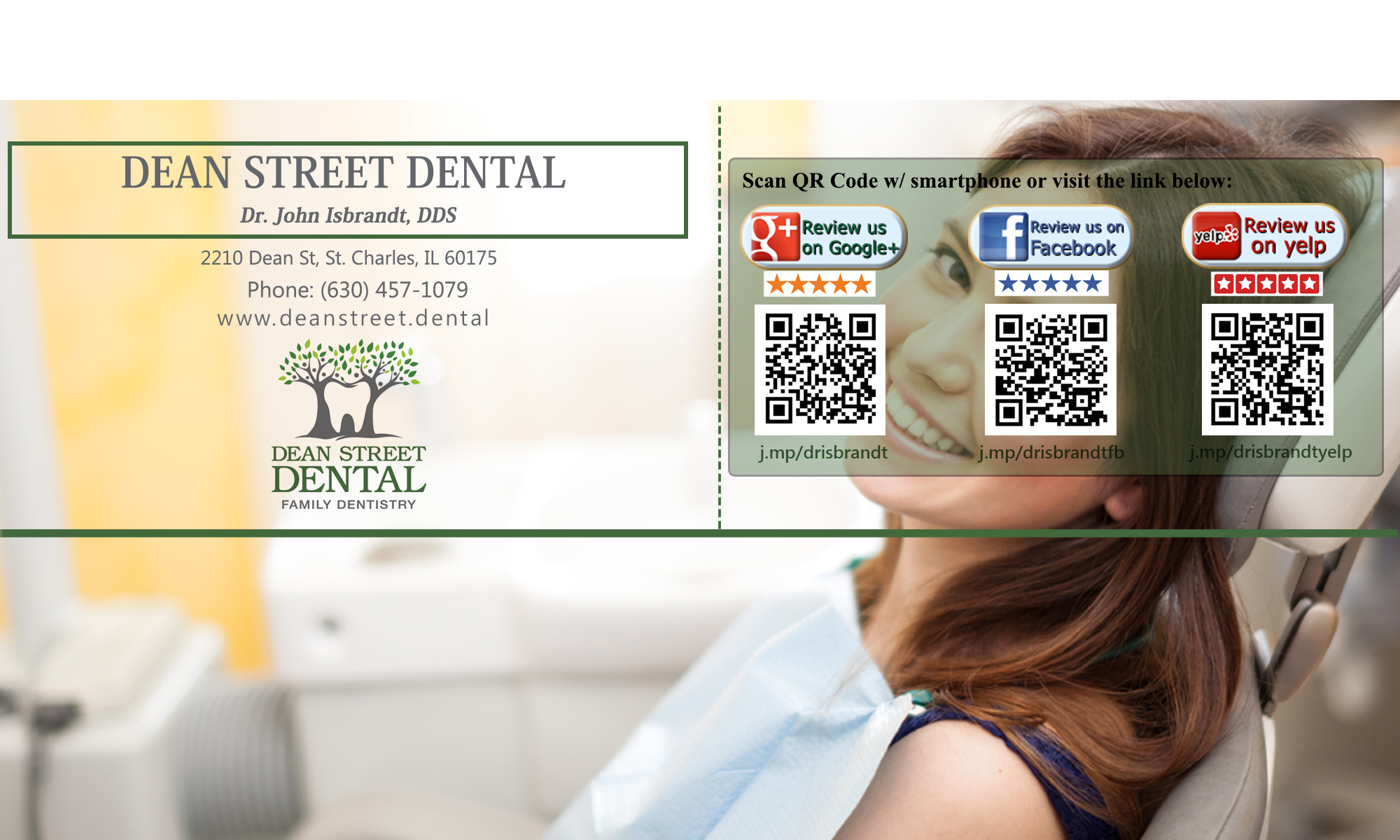More than 1 million Americans are diagnosed with cancer each year and many of them will develop problems with their oral health as a result of their cancer treatment.
While it’s natural that they’ll be focused on their cancer treatment, it’s important not to overlook the importance of a dental examination as part of the process of maintaining overall health.
For example, radiation therapy of the head and neck area may lead to certain complications such as dry mouth, sensitive lesions in the oral cavity, hypersensitive teeth, rapid tooth decay and difficulty swallowing.
Chemotherapy and other medication can also have significant effects in the mouth.
To help prevent, minimize and manage such problems, the dentist and oncologist can work together before and during cancer treatment.
Many medications lead to dry mouth, which can lead to a higher risk of gum disease and other problems. The dentist may therefore recommend a saliva replacement, an artificial saliva that is available over-the-counter at pharmacies.
Frequent fluoride applications may also be recommended.
If you are receiving treatment, schedule regular screenings with your dentist and contact your dentist or physician immediately on any sign of mouth infection. This may have serious implications for your overall health.
Your dentist and physician both want your treatment to be as safe and effective as possible.
